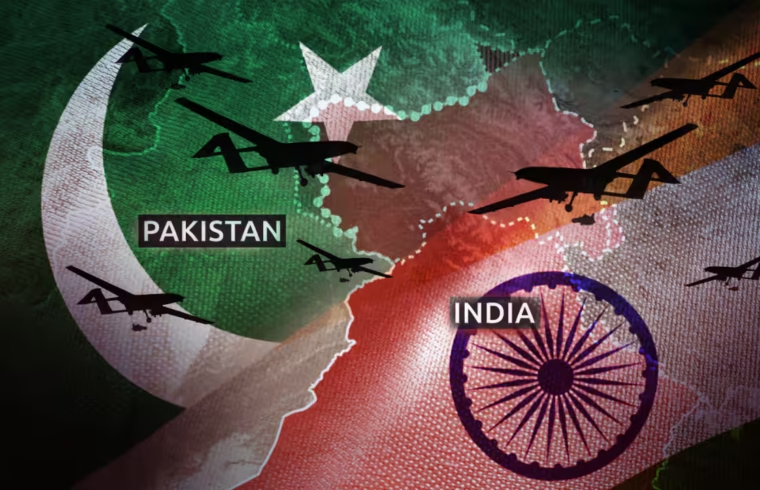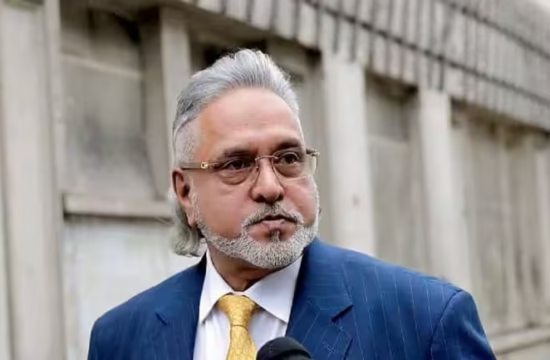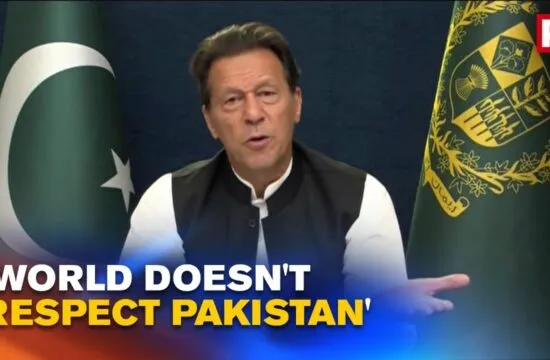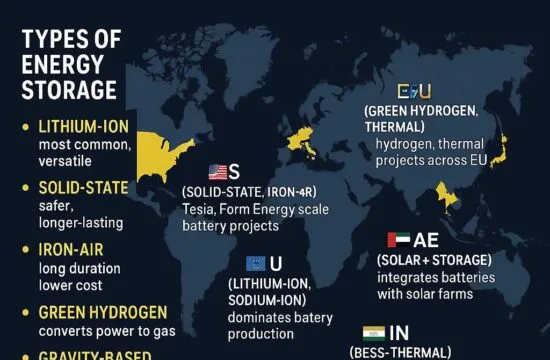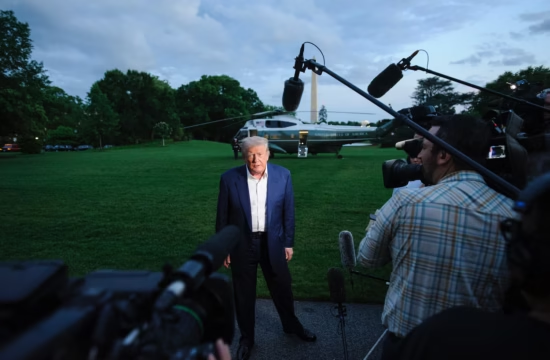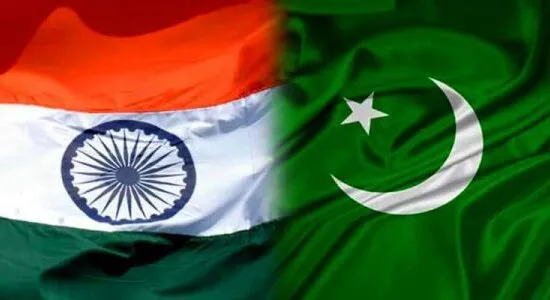In a move that has reignited long-standing geopolitical tensions, the International Monetary Fund (IMF) has once again extended a financial lifeline to Pakistan—approving a new $1.4 billion loan package and unlocking an additional $1 billion under its ongoing stabilization program. The decision, which comes amid Pakistan’s ongoing economic turmoil, has been met with sharp criticism from India and several security analysts who argue that the global community is choosing economic engagement over confronting the roots of regional instability.
At the heart of the issue is a question that has haunted South Asia for decades: Can a nation widely accused of harboring and supporting terrorism be trusted as a responsible steward of international aid?
An Economy on the Brink
Pakistan’s economy is struggling under the weight of over $131 billion in external debt. With foreign exchange reserves barely covering three months of imports, the government in Islamabad is teetering on the edge of default. Inflation remains in double digits, and the Pakistani rupee continues to plummet. The IMF aid is, ostensibly, a necessary step to avoid total economic collapse and to bolster climate resilience efforts under its Resilience and Sustainability Facility (RSF).
However, Pakistan’s critics argue that the country’s economic fragility is inextricably linked to its decades-long policy of tolerating—if not encouraging—terror groups operating within its borders.
A Long History of Harboring Terror
Pakistan has been repeatedly accused by India, the United States, and international watchdogs of being a state sponsor of terrorism. The country has provided safe haven to extremist groups such as Lashkar-e-Taiba (LeT), Jaish-e-Mohammed (JeM), and the Haqqani Network—all responsible for devastating attacks in India, Afghanistan, and against Western targets.
Perhaps the most damning evidence came in May 2011, when U.S. Navy SEALs killed al-Qaeda leader Osama bin Laden in Abbottabad, Pakistan, just 800 meters from a military academy. Bin Laden had been hiding in plain sight for years, raising serious doubts about the complicity of Pakistani intelligence services.
The Case of Sajid Mir: A Global Embarrassment
Another glaring example of Pakistan’s double standards on terror is Sajid Mir, a top Lashkar-e-Taiba commander and mastermind of the 2008 Mumbai attacks, which killed 166 people including six Americans. For over a decade, Pakistan denied his existence, claiming he was either untraceable or dead.
However, under mounting international pressure—especially from the Financial Action Task Force (FATF), which monitors terror financing—Pakistan finally admitted in 2022 that Mir was alive and arrested him. This sudden U-turn further damaged Pakistan’s credibility and underscored the deeply entrenched protection networks for global terrorists operating from its soil.
Mir remains on the FBI’s most-wanted list and was indicted in the U.S. for his role in planning and directing the Mumbai carnage. His safe haven in Pakistan for over a decade exemplifies how Islamabad has shielded notorious terrorists while publicly denying their presence.
Recent Attacks Reignite Tensions
Just weeks ago, a terror attack in Indian-administered Kashmir left 26 civilians dead. Indian intelligence sources linked the assault to Pakistan-based militants. India launched retaliatory strikes on terror camps across the border, escalating the situation and leading to counterattacks from Pakistan. These events, reminiscent of past cross-border escalations, underline the continued threat posed by non-state actors allegedly supported from within Pakistan’s borders.
India’s Diplomatic Alarm
India has expressed serious concern over the IMF’s decision, arguing that financial aid without accountability risks emboldening state-backed terrorism. New Delhi insists that such loans must come with strict conditions and monitoring mechanisms to ensure the funds are not diverted for destabilizing activities.
India also reiterated its long-held stance that all issues with Pakistan, particularly Kashmir, are bilateral and not subject to third-party mediation. Yet, the recent crisis forced U.S. President Donald Trump to broker a ceasefire—highlighting how deeply intertwined Pakistan’s actions are with regional peace.
The Global Stake
The IMF’s mandate is economic, not political—but when its financial packages are issued to states with credible links to terrorism, the global implications cannot be ignored. Aid to Pakistan must be contingent upon verifiable steps to dismantle terror infrastructure, sever ties with extremist groups, and ensure full transparency in fund usage.
From Osama bin Laden in Abbottabad to Sajid Mir’s years of impunity, Pakistan’s pattern of denial and duplicity poses a grave concern. Without robust oversight, the world risks financing a fragile state that has repeatedly undermined global security norms.
Editor’s Note: Pakistan remains at a critical juncture. While economic stabilization is vital, it cannot come at the cost of condoning or overlooking state complicity in terrorism. The global community must demand accountability—not just solvency.
- Pakistan IMF loan 2025
- Pakistan terrorism allegations
- Osama bin Laden Abbottabad
- Sajid Mir Mumbai attacks
- Pakistan FATF grey list
- IMF bailout Pakistan
- Pakistan terror financing
- Lashkar-e-Taiba Pakistan
- Terror safe havens in Pakistan
- Pakistan economy and terrorism
- Why Pakistan keeps getting IMF bailouts
- IMF funding to terror-linked states
- How Pakistan harbored Osama bin Laden
- Sajid Mir arrested Pakistan
- India reaction to Pakistan IMF loan
- Pakistan role in Mumbai 26/11
- Global risk of funding terror states
- Pakistan state-sponsored terrorism 2025
- Should IMF fund unstable regimes
- IMF Pakistan loan controversy
- #PakistanCrisis
- #IMFLoan
- #TerrorSafeHaven
- #SajidMir
- #OsamaBinLaden
- #FATF
- #SouthAsiaSecurity
- #Geopolitics
- #GlobalTerrorism
- #IndiaPakistan

